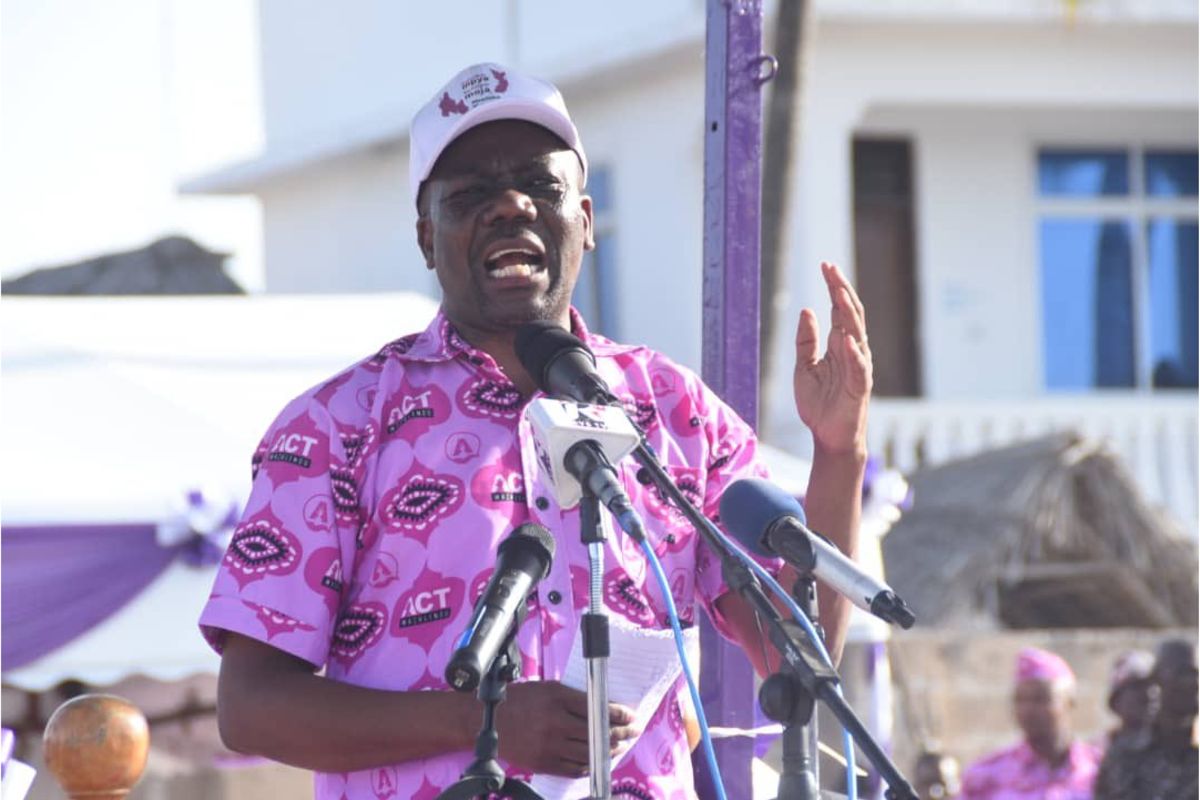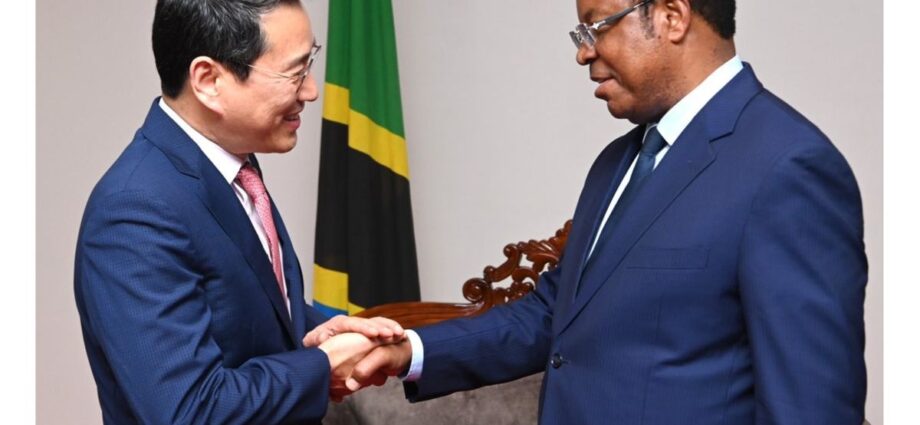The company’s global sales exceeded $63 billion in 2021, and it seeks to grow its market share in the region billed as one of the fastest-growing economic blocs in the world.
Mr Cho noted that East Africa is a promising market given the strong economic fundamentals underpinned by a youthful, rapidly urbanising middle-class population, and investment on infrastructure and other key sectors of the economy.
“We see great opportunities in this market and hence will continue to strengthen our business relationships in countries in the region,” he said while on a visit to Tanzania.
Mr Cho met with senior government officials, pledging the company’s commitment to expanding its distribution and retail network.
This is Mr Cho’s first visit to East Africa since his appointment last December.
During the visit, Mr Cho also drummed up support for Korea’s bid to host the World Expo 2030, in Busan, the country’s second largest city.
Korea is accelerating its bid to host the World Expo 2030 ahead of a vote in November 2023 by the 170 member States of the Bureau Internationale de Expositions, the global agency overseeing the event. Other cities that have bid to host the expo are Moscow, Riyadh, Odessa and Rome.
“We are optimistic that Korea will host this important global event, which is also an opportunity to think about and find solutions to the global challenges we are facing. As a company, we are working with the government of the Republic of Korea in building international support for Busan’s bid,” said Mr Cho.
Prime Minister Kassim Majaliwa who led the government officials who met him lauded LG for “creating opportunities for locals through its electronic appliances and products which are popular in Tanzania”.
“We assure of our government’s support in creating a conducive environment for local and foreign companies willing to do business in Tanzania,” Mr Majaliwa said.
Share this news
This Year’s Most Read News Stories

Zanzibar liquor importers face fresh hurdle despite court order
The liquor shortage in Zanzibar is far from over, even after a court order granted relief to the three importers.Continue Reading

Loud calls for investigation of Zanzibar port, ZSSF & airport
The leader of the ACT Wazalendo, Zitto Kabwe has raised three key issue that he said are hindering the economy of ZanzibarContinue Reading

Zanzibar Investor British Dad talks about being jailed on paradise island
British investor and hotelier Simon Wood, from Preston, Lancashire, and his wife Francesca Scalfari were locked up in a Zanzibar prison charged with money laundering. Both were released after pressure from British Embassy.Continue Reading











